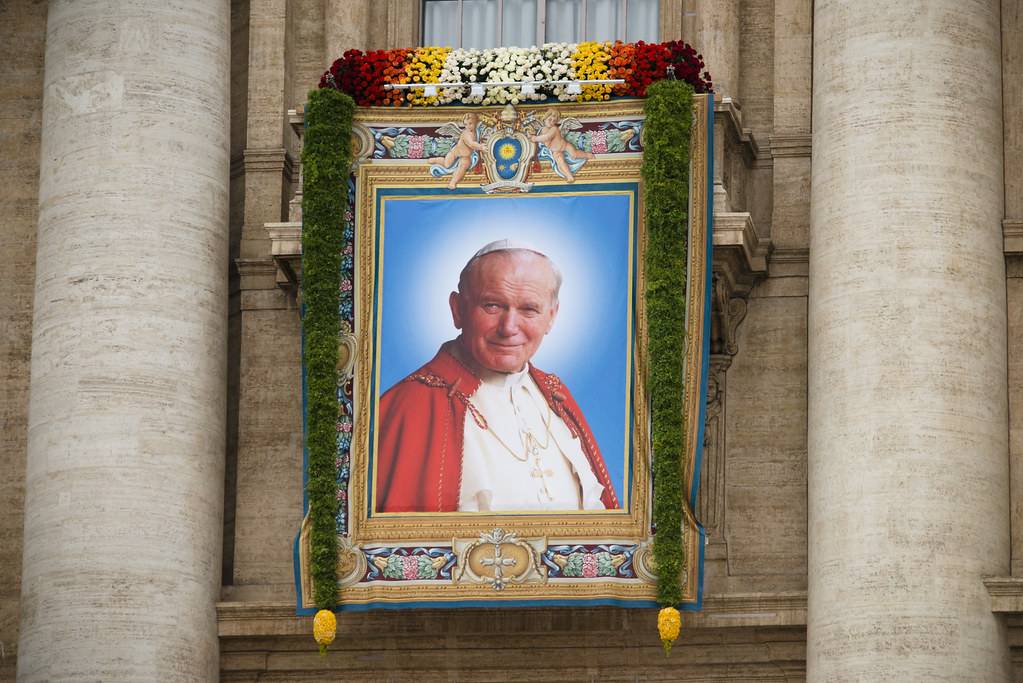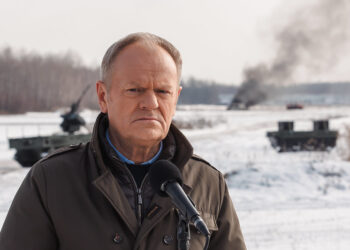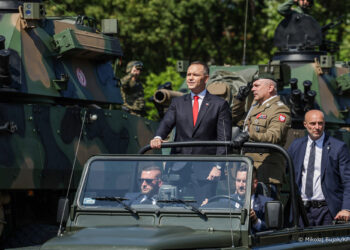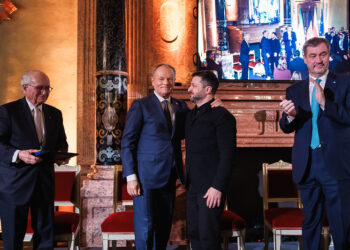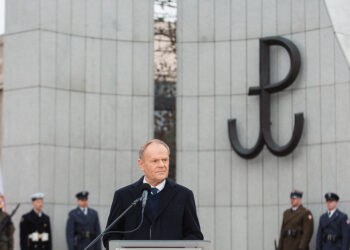Today marks the anniversary of the death of Pope John Paul II, one of the most influential figures of the 20th century and a beacon of hope and faith for millions around the globe. Born Karol Józef Wojtyła in Wadowice, Poland, he served as the head of the Catholic Church from 1978 until his death in 2005. To the Polish people, he was more than a spiritual leader; he was a symbol of resistance against oppression, a voice for freedom, and a testament to the power of faith and perseverance. This post explores what Pope John Paul II meant to the Polish people and his instrumental role in the defeat of communism, as well as his enduring influence on the world stage.
Karol Wojtyła’s rise to the papacy was a source of immense pride for the Polish people. Amidst the Cold War’s division, a Polish Pope emerged as an improbable but powerful figure on the global stage. For Poles living under communist rule, John Paul II’s election was a ray of hope and a sign that their struggles were recognized and supported by one of their own at the highest levels of global influence.
Moral Authority and Unwavering Support for Solidarity
Pope John Paul II’s pontificate was marked by his unwavering support for the Solidarity movement in Poland, the first independent labor union in a Soviet-bloc country. His papal visits to Poland were monumental events, drawing millions of Poles in peaceful demonstrations of faith and national pride. His messages, emphasizing human rights, freedom, and the dignity of every individual, resonated deeply with the Polish populace and the wider Eastern Bloc. The Pope’s moral authority and his subtle but clear opposition to communism emboldened the Solidarity movement and sowed the seeds of change in Poland and beyond.
Pope John Paul II’s influence extended far beyond spiritual leadership; he played a pivotal role in the geopolitical dynamics of the Cold War. Through his support for the Solidarity movement and his engagement with leaders on both sides of the Iron Curtain, he contributed to the eventual fall of communism in Eastern Europe. His persistent call for peace, dialogue, and human rights undermined the communist ideology and bolstered the resolve of those fighting for freedom and democracy. The Pope’s unique position allowed him to be a bridge between conflicting ideologies, fostering a dialogue that would eventually lead to the end of the Cold War.
A Spiritual Guide and Advocate for Peace
Beyond his political impact, Pope John Paul II was a spiritual guide who preached love, forgiveness, and compassion. His teachings and numerous writings touched on various aspects of human life and spirituality, seeking to bring people closer to God and to each other. His efforts to improve the Catholic Church’s relations with Judaism, Islam, and other religions highlighted his commitment to peace and understanding among different faith communities. He was a global pilgrim, visiting 129 countries during his papacy, bringing a message of hope and unity to every corner of the world.
Pope John Paul II’s legacy is evident in the millions who admired him, the countless lives he touched, and the significant geopolitical shifts his leadership influenced. Recognized for his holiness and dedication to the Church and humanity, he was canonized as a saint by Pope Francis on April 27, 2014, solidifying his place as one of the most beloved and revered figures in recent history.
As we commemorate the anniversary of his death, Pope John Paul II’s life and legacy continue to inspire and guide. For the Polish people, he remains a national hero whose faith, courage, and leadership helped reshape not only their country but the world. His role in defeating communism, advocating for peace, and promoting a message of hope and love endures as a testament to his profound impact on the world stage.

